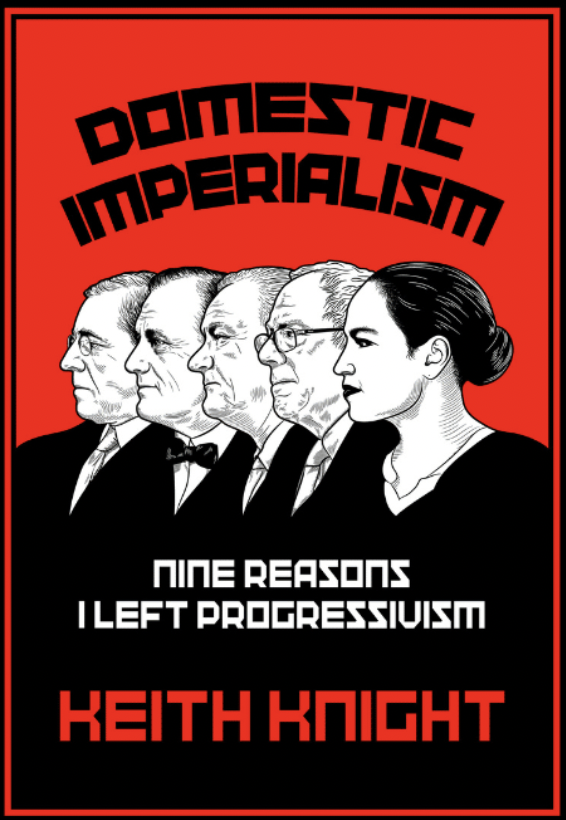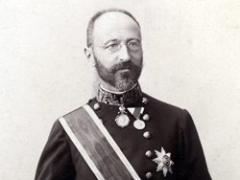Ep. 306 Keith Knight on Progressives’ Domestic Imperialism
In his new book published by the Libertarian Institute, Keith Knight explains why he left progressivism. They could see the problems of foreign imperialism, but they cheered it domestically. A fast-paced discussion. Mentioned in the Episode and Other Links of Interest: The YouTube version of this interview. Keith Knight’s new book. Keith’s archive at the Libertarian…
Ep. 198 Robert Murphy Lecture on History and NEW DEVELOPMENTS in Austrian Interest Theory
Bob gives a guest lecture for Jonathan Newman’s MA course for the Mises Institute, on the history of, and new developments in, the pure time preference theory of interest. After summarizing the work of Bohm-Bawerk, Fetter, and MIses, Bob explains his own perspective and then how Jeff Herbener partially agreed with Bob’s critique. This episode sets…
Ep. 147 Richard Ebeling Fills in the History of the Austrian School
Richard Ebeling is the BB&T Distinguished Professor of Ethics and Free Enterprise Leadership at The Citadel. (He was also a professor at Hillsdale College, where he taught Bob Murphy.) As a master of the history of economic thought, as well as a personal participant in some of the major events, Richard recounts to Bob some…
Ep. 49 Patrick Newman Cracks the Code to Publish a New Rothbard Manuscript
Economist Patrick Newman relays his adventurous tale of deciphering Murray Rothbard’s handwritten manuscript on early American history. Needless to say, Rothbard’s take is not what you learned in school. Mentioned in the Episode and Other Links of Interest: Patrick Newman’s QJAE article on Rothbard’s previously unpublished chapter on production theory (intended to be Chapter 5…
Ep. 48 Bob Explains the Highlights of His New QJAE Article on Fractional Reserve Banking
Bob goes solo to explain some of the most important points in his new QJAE article on the fractional reserve banking debate. Bob shows why Mises thought *any* issuance of fiduciary media caused the boom-bust cycle, and he points out a major flaw in George Selgin’s defense of fractional reserve banking. Mentioned in the Episode…





